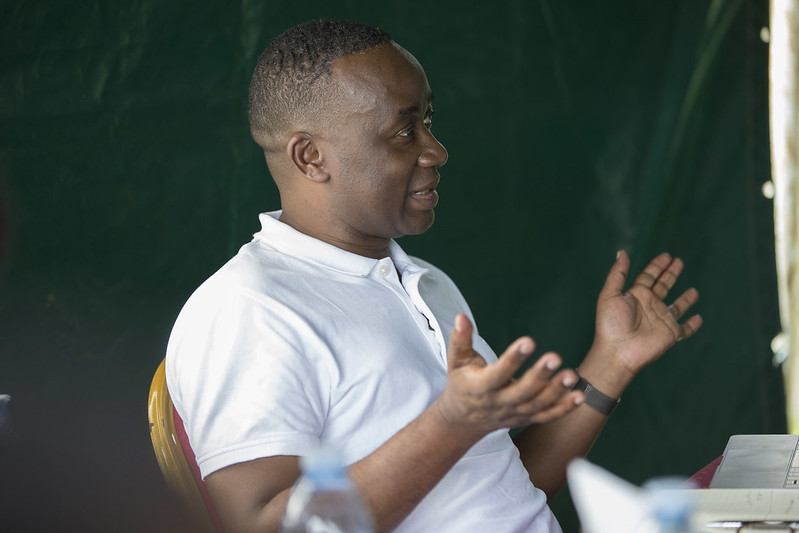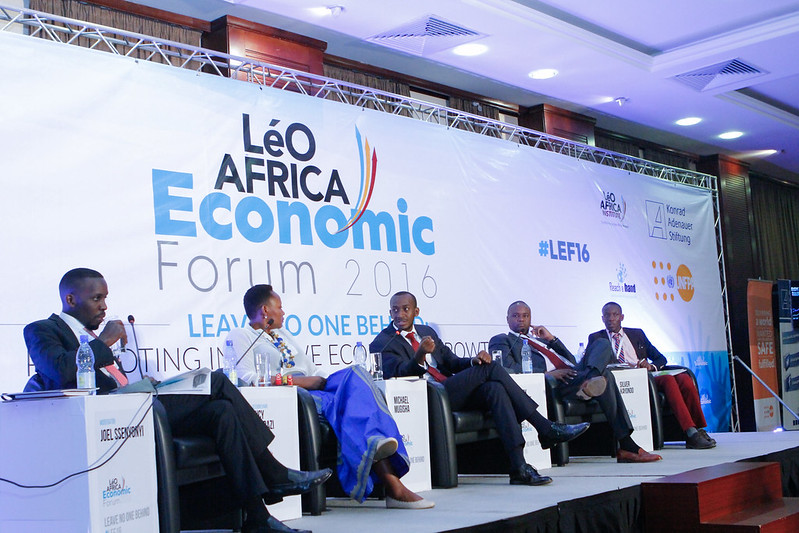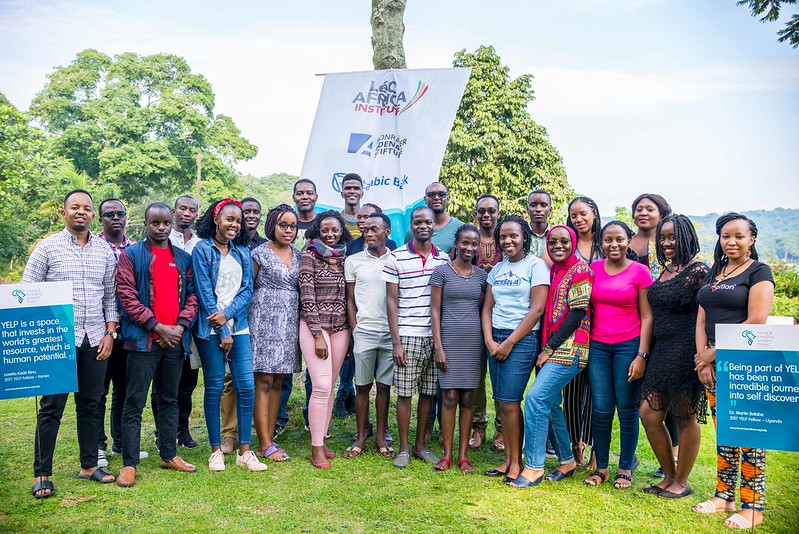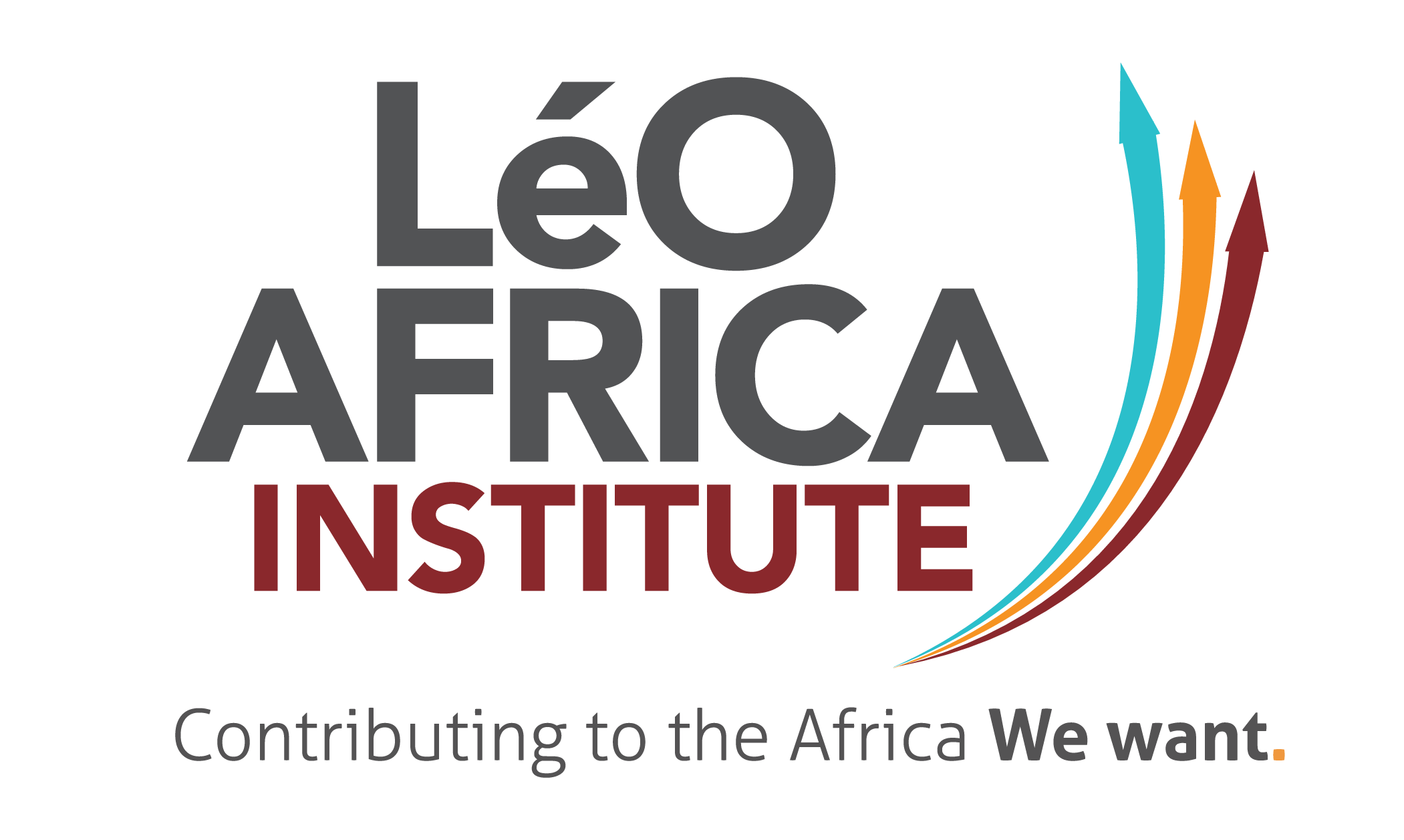
It has been an exciting one year working with the team at the institute to put together the 2020 Annual Leaders Gathering event. The Gathering is our latest venture into contributing to the development of the Africa we want to see and live in. We have mostly done this through training and mentoring the next generation of young and emerging leaders, and building networks amongst themselves and others that will form the critical force necessary to drive a progressive agenda on the continent.
Establishing an authentic African Forum has been a long-held dream for the founders and champions of the institute. Our thought process was informed by the need to convene young and emerging African leaders—together with decision makers—to discuss important issues affecting our continent.
The dream was also underpinned by the belief that an authentic African model for social and economic progress is key to creating ownership of Africa’s future and reframing its narrative.

Overtime, I have had the privilege of attending some of the important meetings and conferences where global issues are discussed, and decisions made. Many of such convenings, even where Africa is the main item on the agenda (its tourism, investment and social development, etc.), will usually take place outside the African continent. In most cases, these “African” conferences take place in Asia, Europe, the Middle East and the Americas.
I have often felt unsettled when meetings of such important nature get the full attendance of Africa’s top political and business leaders who converge in capital cities outside the continent to discuss an agenda designed by non-Africans, to supposedly benefit Africans.
On many occasions, this subject has come up for discussion with my colleagues who have often questioned why we still have this unfortunate practice taking place.
It makes more sense that African conferences or summits showcasing investment opportunities to big capital are convened on the continent where the opportunities are.
In the case of meetings on climate change, tourism or development of the continent, we have also witnessed scenarios where European or American organizations draft the agenda and intended outcomes of these convenings which are purposely designed to benefit Africans. This means that discussions are often held on unfavourable terms for African leaders because they do not have contribution to the session agendas presented to them.
The continued hosting of such important meetings and conferences which hugely contribute to the narrative of how Africa fits into the context of an increasingly globalized world, and how the rest of the world will choose to engage with Africa, is causing more harm than good. Particularly, on the question of our identity, who we are and how others perceive us.
Changing this narrative—of a desperate and diseased African continent—always in need of White saviours, must end.
Seven years ago, I published an Op-Ed protesting the continued patronage of Africa’s youth by western and other global leaders.
Presidents from Obama, to Putin and others, have invested their time and resources in programmes influencing the thought process and value systems of young and emerging leaders on the continent. Disappointingly, we have not seen many reactions to this continued practice, and neither have we seen top leaders on the continent being challenged to institute similar initiatives that will influence and connect leaders across Africa. This is the gap that the 2020 Annual Leaders Gathering seeks to fill.
We must question the underlying interests of non-African leaders in undertaking these leadership initiatives on the continent. What purpose do these value systems serve? Africa must harness this critical phase the world is undergoing to groom its next generation of leaders—who in the next two decades will constitute the world’s largest workforce.
If this global outlook is shaped by those whose interests do not exactly benefit Africa, what will the outcome be?
The 2020 Annual Leaders Gathering comes at a critical moment after many attempts to establish an authentic forum for discussing African affairs.
We are privileged to have the opportunity to unveil and host this important platform for African ideas, which will be convened annually in the third week of November.
The Annual Leaders Gathering will look beyond the Institute networks to engage, share and call to action young and emerging leaders across Africa and around the world, to commit to building good, inclusive and progressive societies.
At the LéO Africa Institute, we have spent the last eight years working towards integrating communities along the ideals of a good society and championing a values-based leadership model. We now proudly unveil what could potentially be the nucleus of a network that will make a significant contribution towards an Africa we want to see and live in.

Lastly, these thoughts bring me to the significance of the theme chosen for the 2020 Gathering, “Beyond the Crisis: Leadership at Crossroads”. The COVID-19 pandemic has presented a global crisis and exposed our own vulnerabilities as the human species. Although, inherently, the human race is the most innovative, we have equally been the most destructive to the environment and nature that we were bequeathed with.
Through observation of the coverage of the impact of the pandemic on different communities across the globe, I couldn’t help but reflect on the visible failure of leadership at different levels in regards to different aspects of the crisis.
The Annual Leaders Gathering will probe the post COVID-19 economic crisis that will be felt for years to come, the climate crisis that is looming, the debate over identity and the place of African people in today’s world.
As you read this, and as you contemplate registering to participate in the different sessions of the Gathering, ask yourself what your leadership action will be, beyond the crisis, in contributing to a better community where you live, in your own life and the world at large.
In this crisis, we have been presented opportunities for a re-set, to rethink what we know and think of how we can do things differently, better and in harmony with each other, and with nature that provides for us.
Awel Uwihanganye is the Founder of the LéO Africa Institute, the Host of the Annual Leaders Gathering. Follow @Uwihanganye_A
